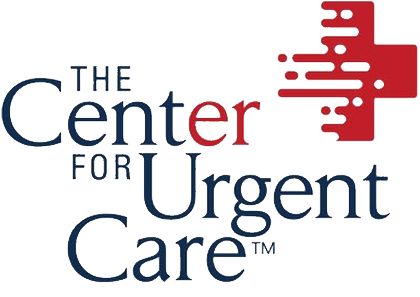Can I Trust It?
Foolproof diets! Miracle cures! And did you hear about this “one weird trick”?
With the popularity of the internet and social media, we come across health topics every day. But how much of it’s true? How do we know what we can trust? Here are some things to look for.
Consider the Site
First, consider who’s sharing the information. Is it an individual person? That’s a red flag. If it’s posted on a website, read the “about us” section. Is it a for-profit company? Is the site trying to collect your personal information? Think twice. The best sources for health information are government sites, nonprofit organizations, colleges, and universities. So look for website addresses that end in .gov, .org, and .edu.
Consider the Source
Next, find the original source. In many cases, people and websites share information from other places. So investigate. Was it written by a health professional? Was it reviewed by a doctor or a medical expert? Make sure it comes from a trustworthy and qualified source. If it doesn’t, be skeptical.
Is it Outdated?
Next, see if it’s up-to-date. Health information changes constantly. Scientists do new studies and find new results. Doctors find better ways to treat people. When was this first published? When was it was last reviewed? If it’s more than a few years old, it may not be accurate.


